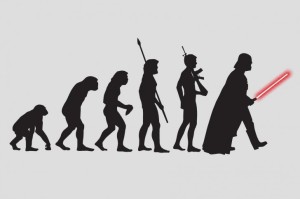 Ayn Rand properly recognized that people do not necessarily act in their own self-interest. There is a difference between having a psychological motive to act in a certain way and a self-interested reason to act in a certain way.
Ayn Rand properly recognized that people do not necessarily act in their own self-interest. There is a difference between having a psychological motive to act in a certain way and a self-interested reason to act in a certain way.
Having a psychological motive can simply mean having a subjective whim, and an action taken on this basis can be very damaging to oneself (and so, not self-interested.) There is also self-sacrifice out of a desire to “be good,” i.e. to follow the duties of an irrational morality.
(Imagine a young woman who has the passion and ability to become a great artist. She wants to become an artist, has ideas for great paintings, and being an artist would be her means to a happy, flourishing life. But she accepts the morality of altruism, and she is convinced that, rather than going to a top art school, it is her duty as a “privileged American” to devote her life to saving Third-World children. This is not self-interested, just because she wants to save Third-World children out of a sense of moral duty. Nor is it self-interested just because she may get some pleasure out of “being moral”–at first.)
Given one’s basic nature, situation, experiences, abilities and psychological makeup, one’s own self-interest is objective, not a matter of one’s momentary whims. Any pleasures one pursues must be consistent with one’s overall, long-term well-being–both physical and mental–to be moral.
Those who refuse to think and continually subvert their own minds are not selfish. They need their minds–their ability to reason–to achieve any positive thing they value. What can they achieve without reason? In principle, only their own destruction, and, to the extent they use force, that of others.
—–
Related Posts:
Atlas Shrugged, Altruism and Egoism
Why a Proper Ethics is Not a Set of Social Rules, But a Complete Way of Life
Values Are Relational But Not Subjective
QuickPoint 1: Thinking is Individual
Human Emotions are the Products of Beliefs and Subconscious Value Judgments


